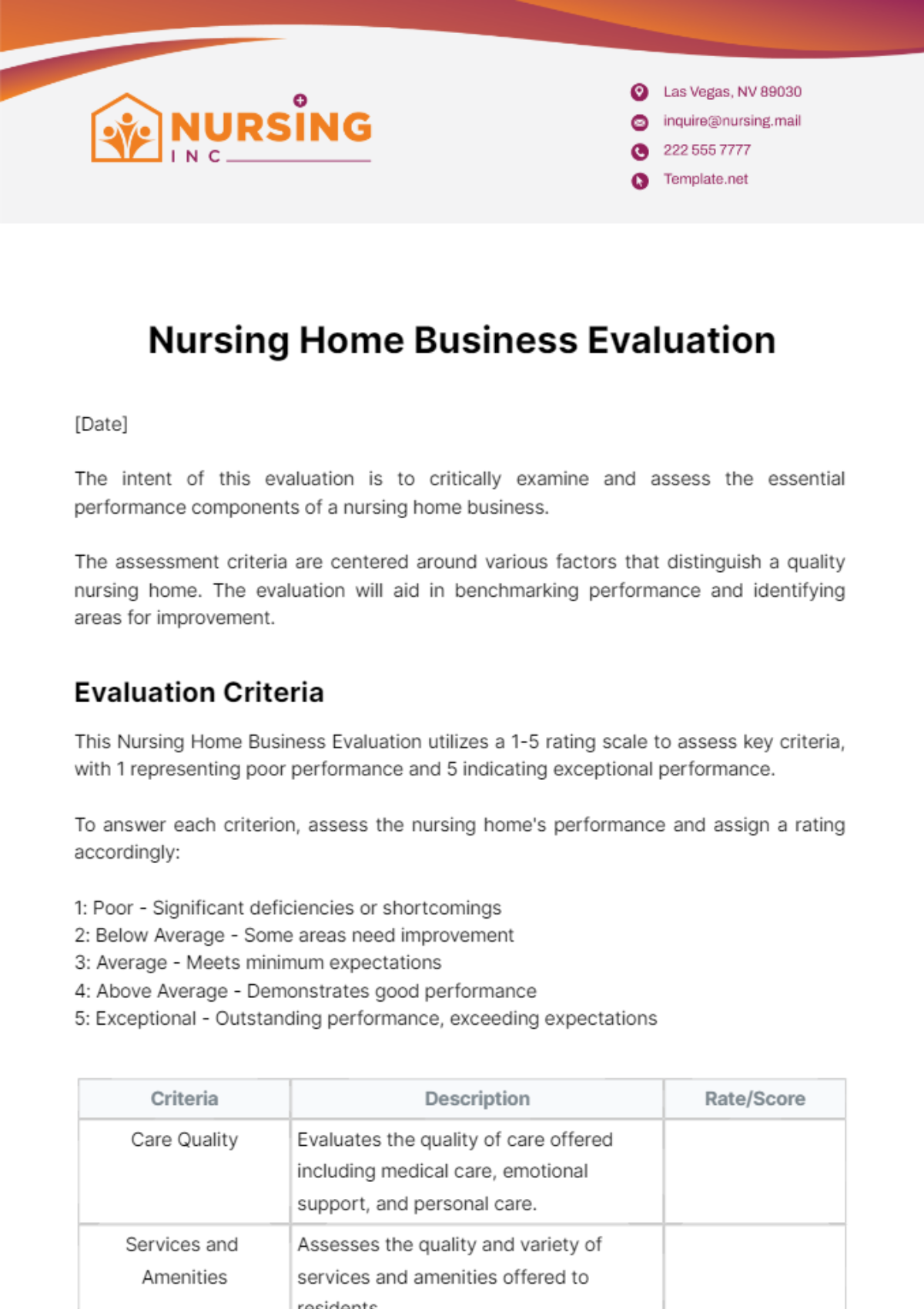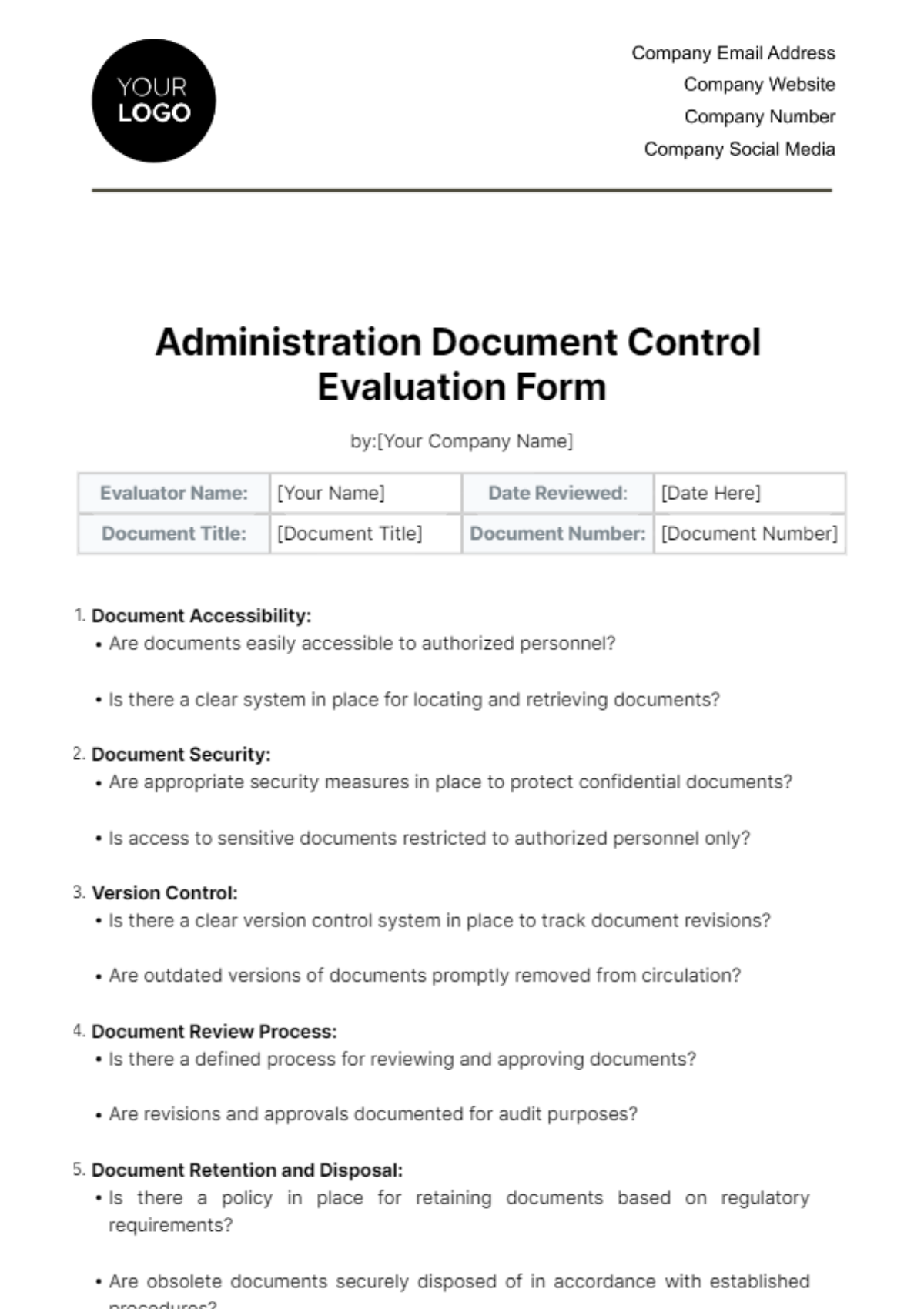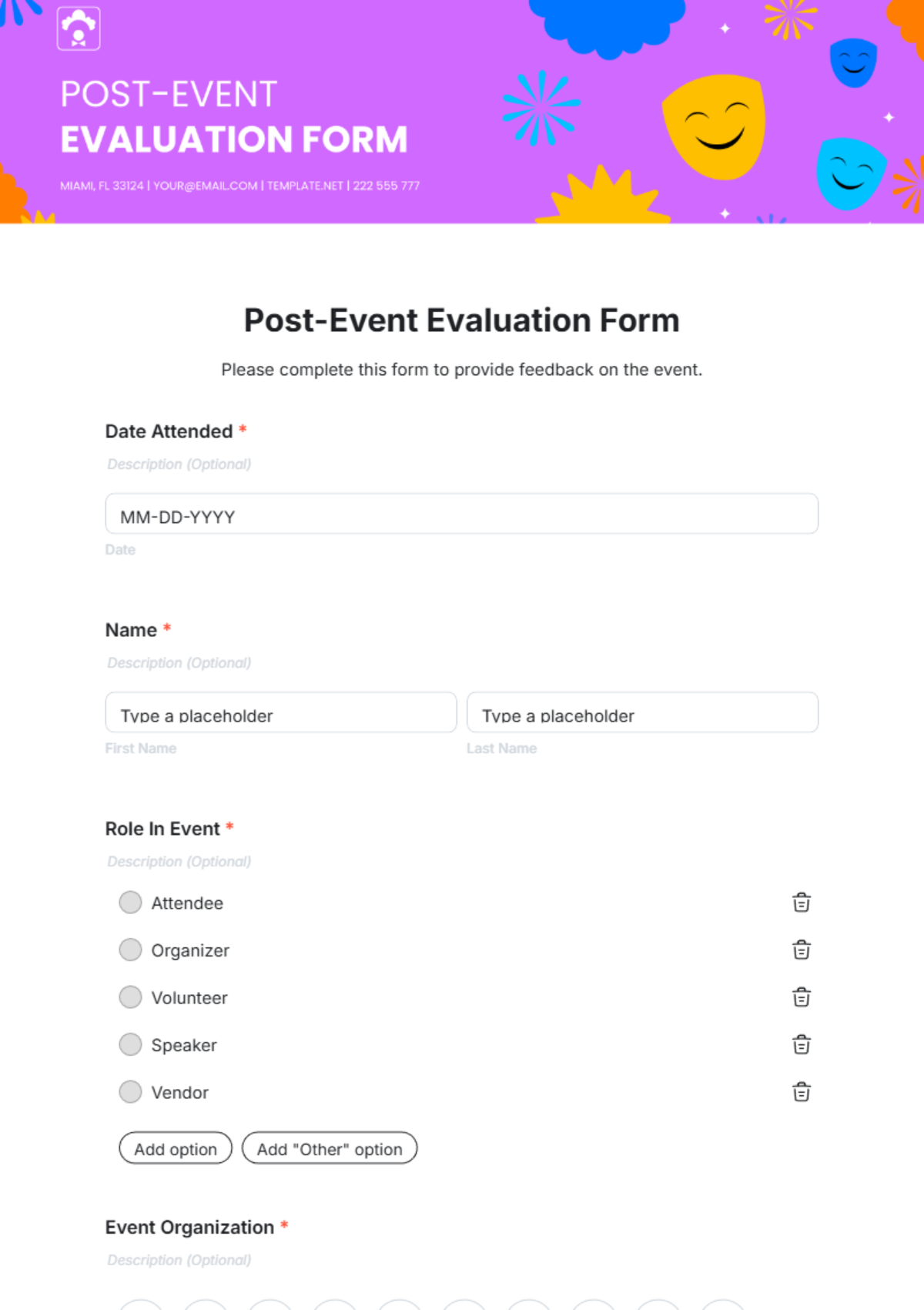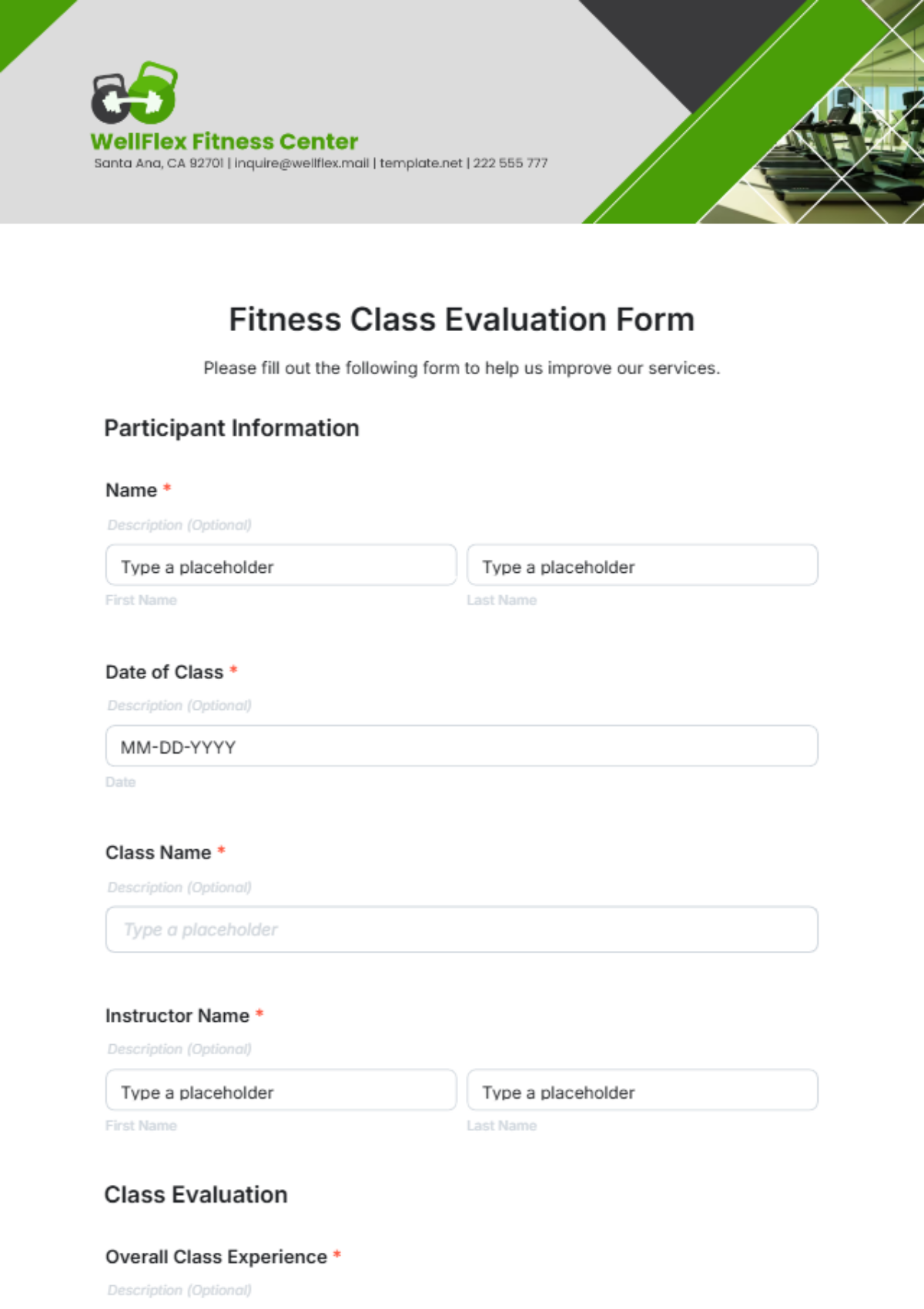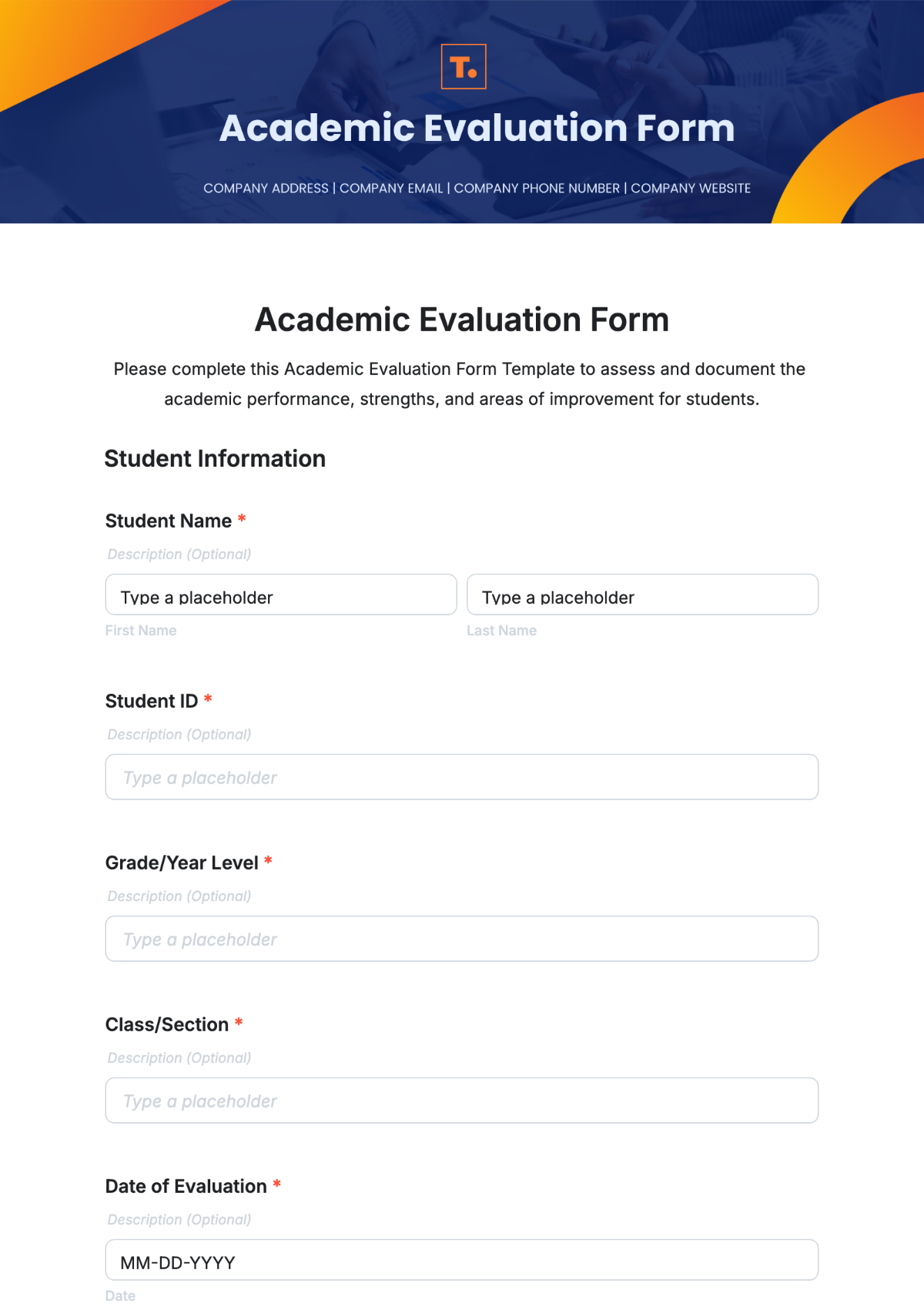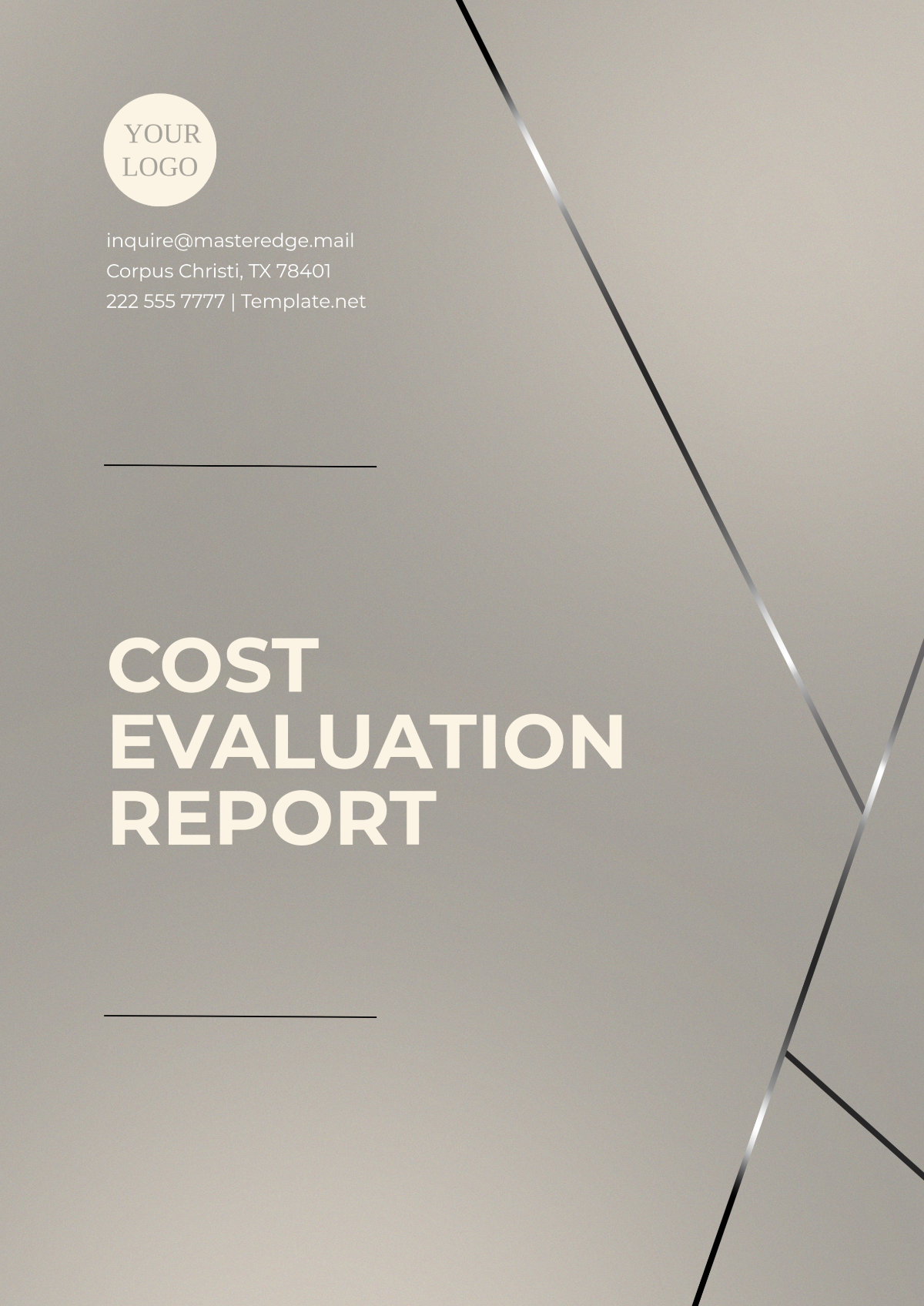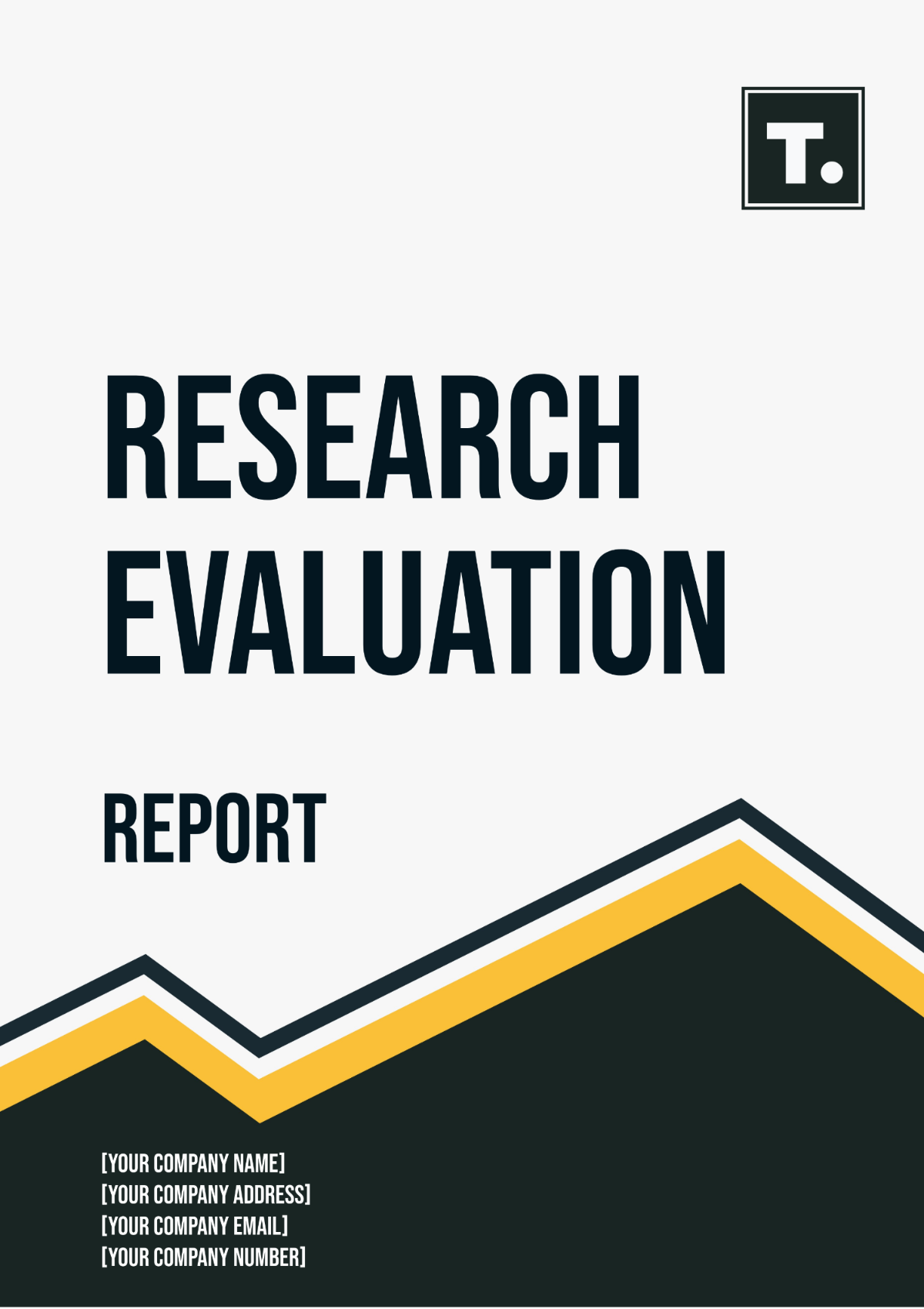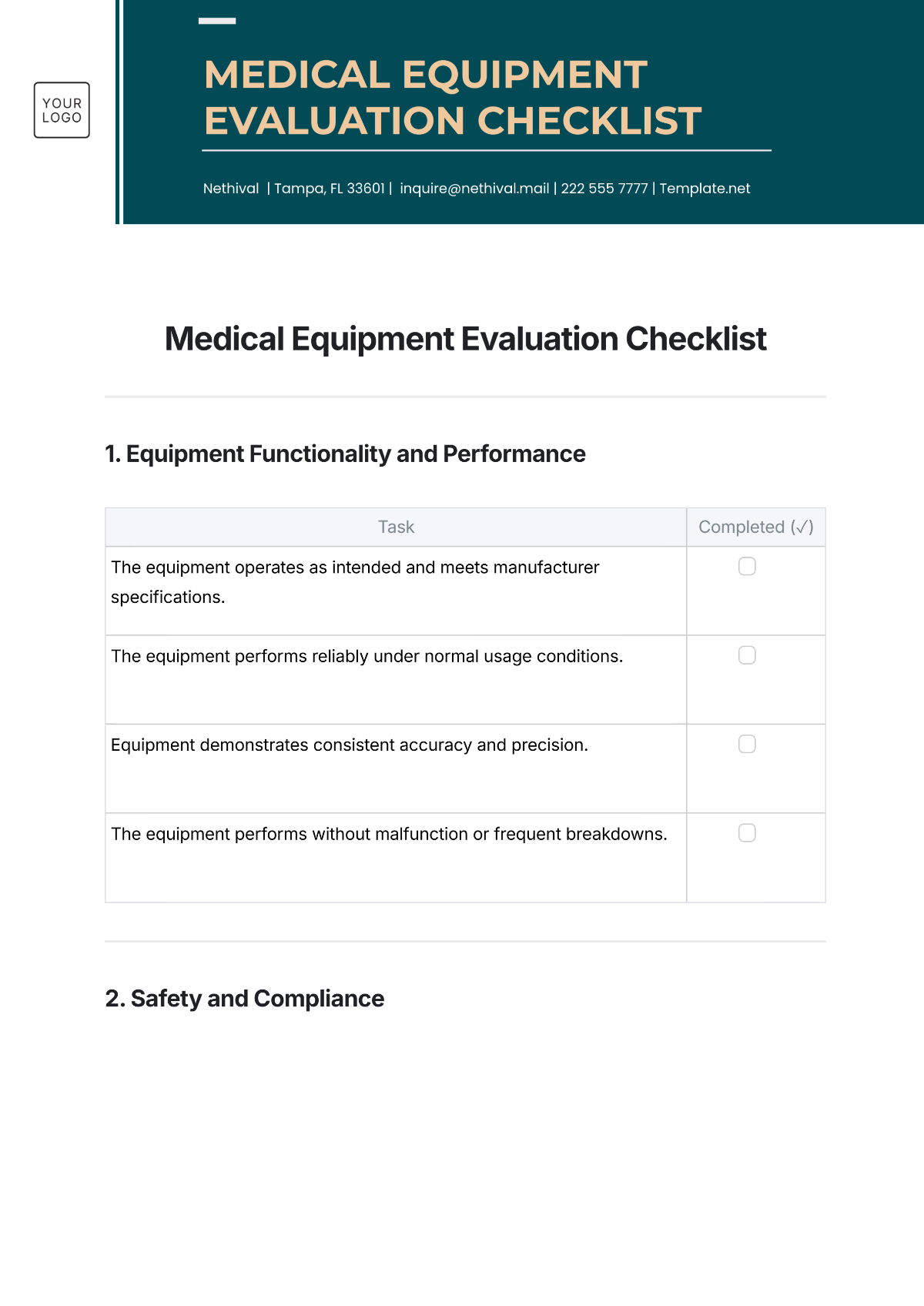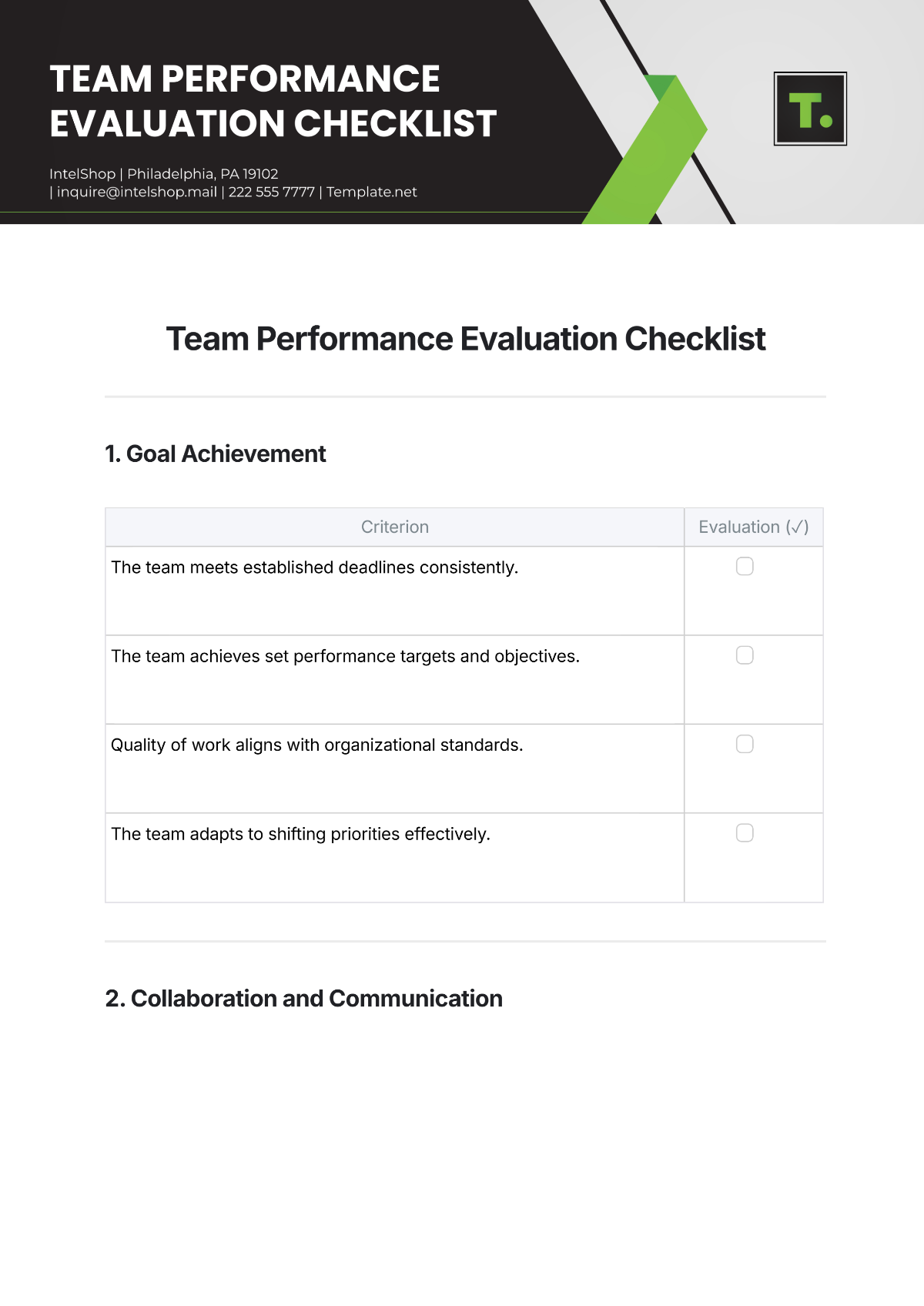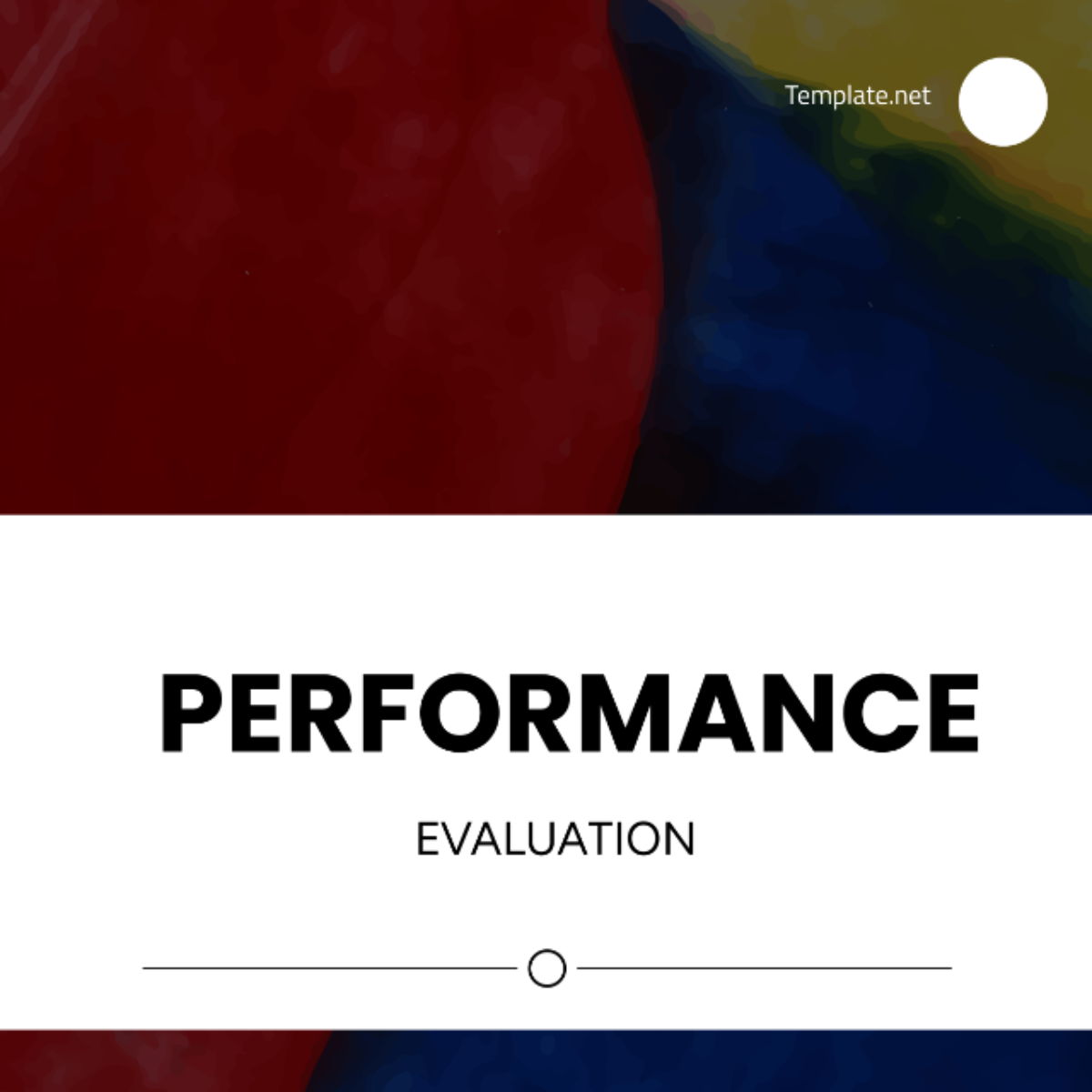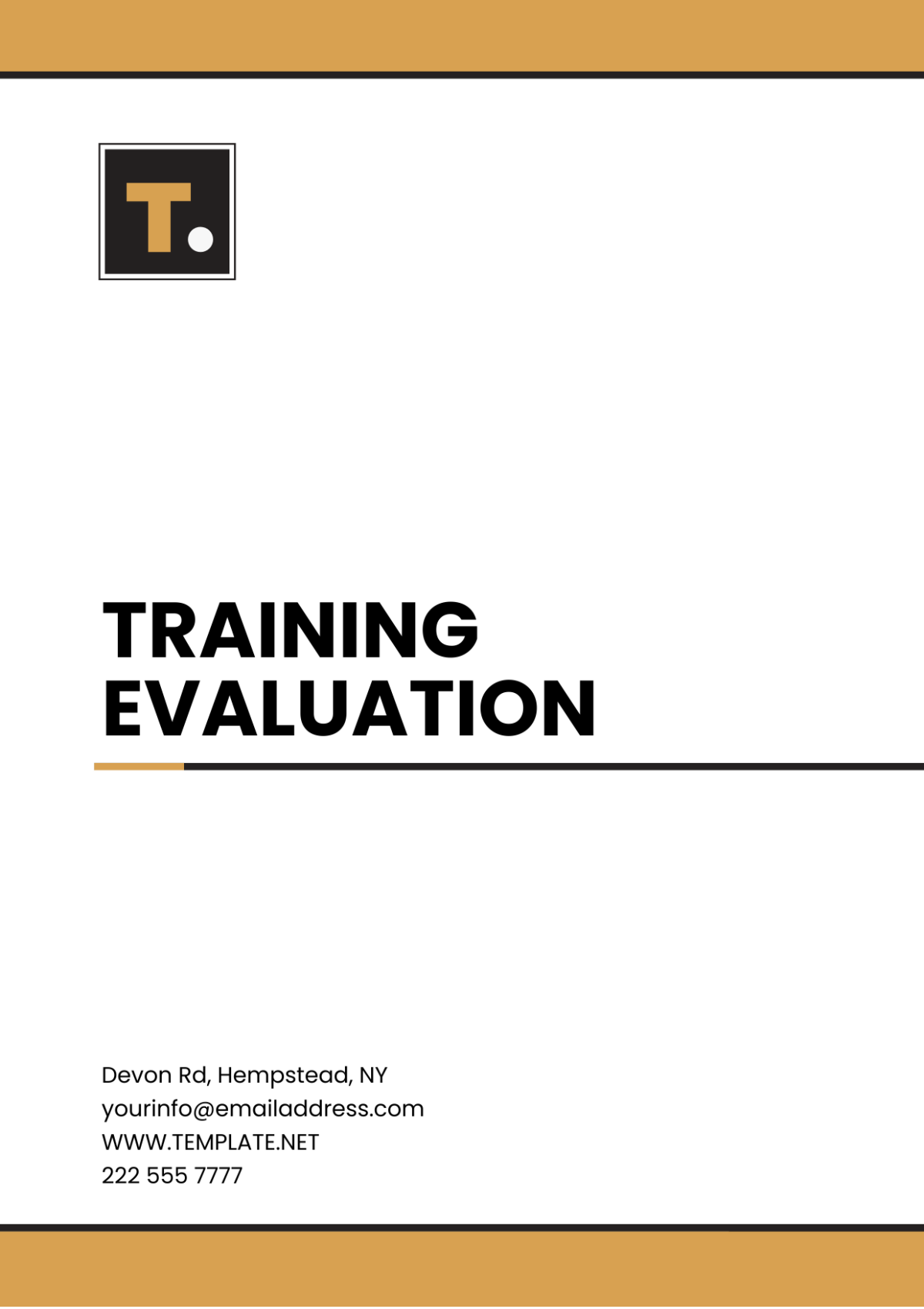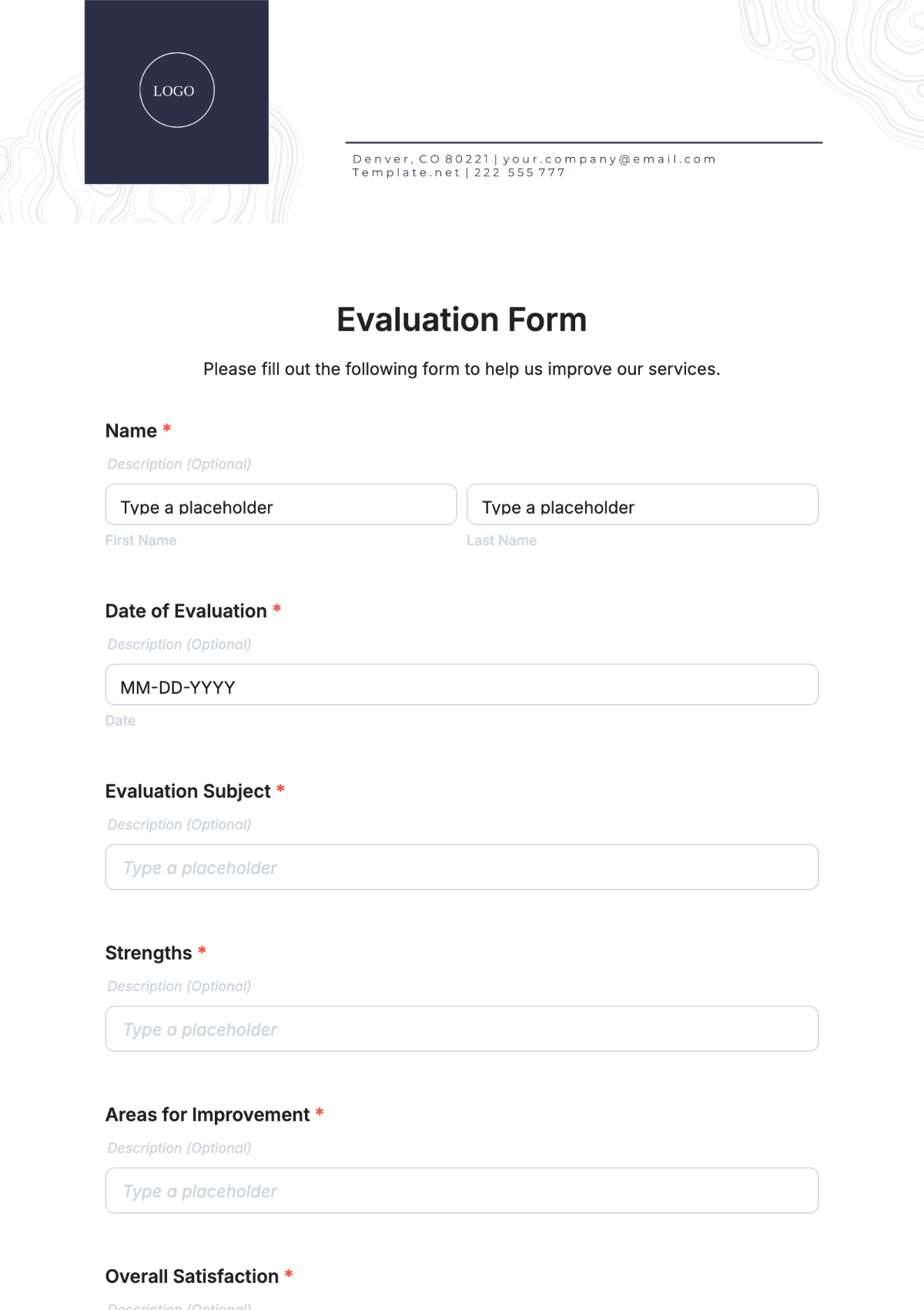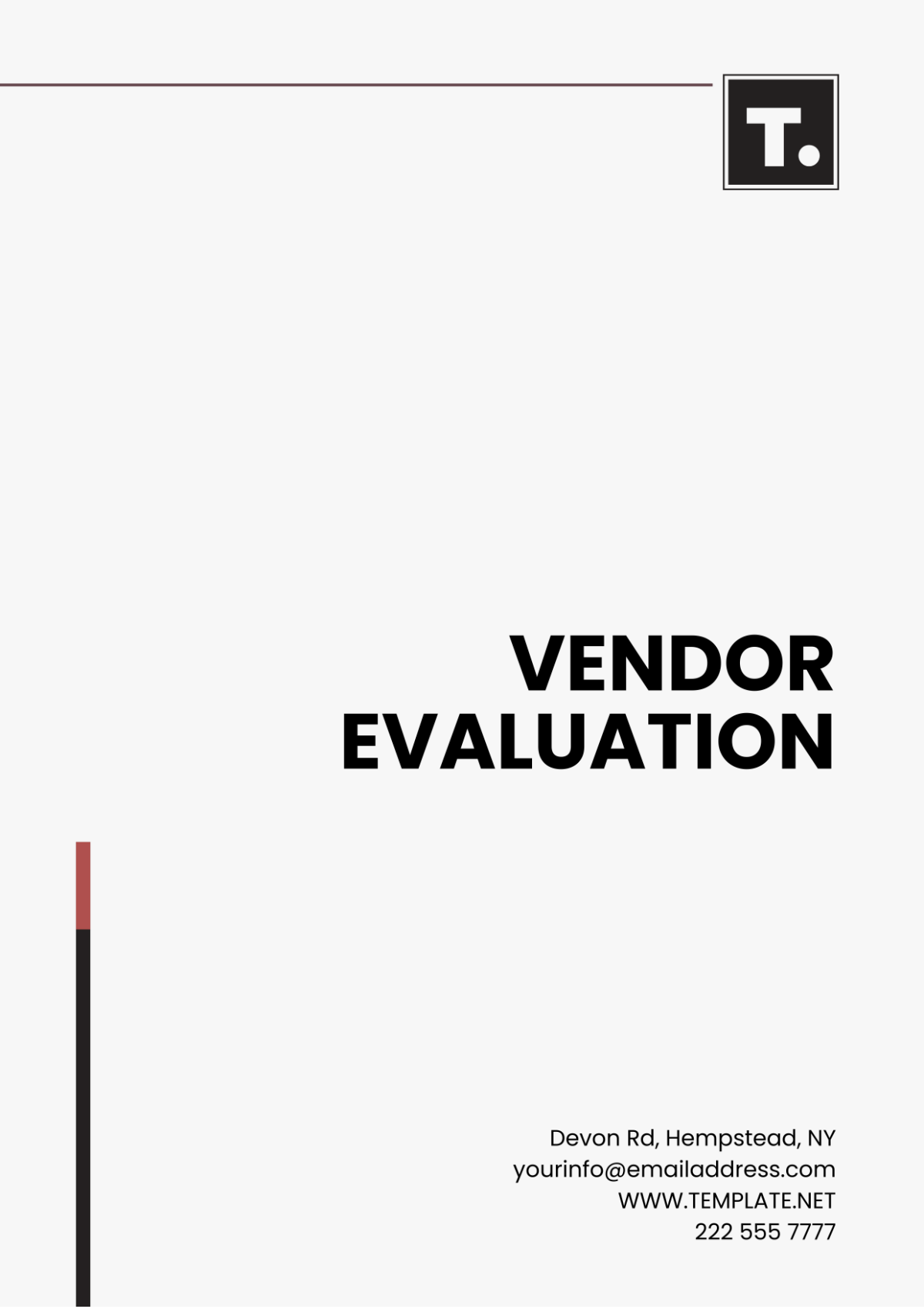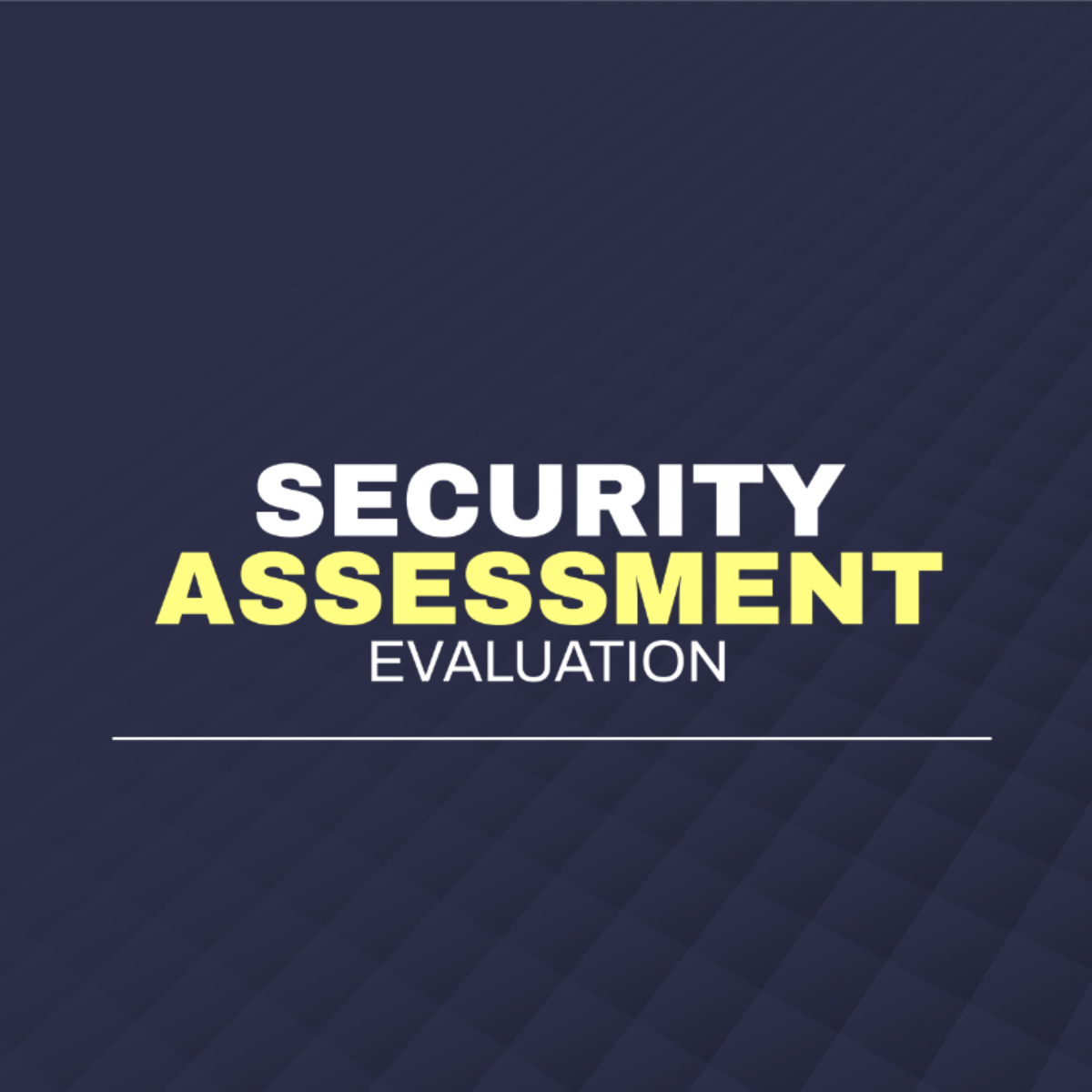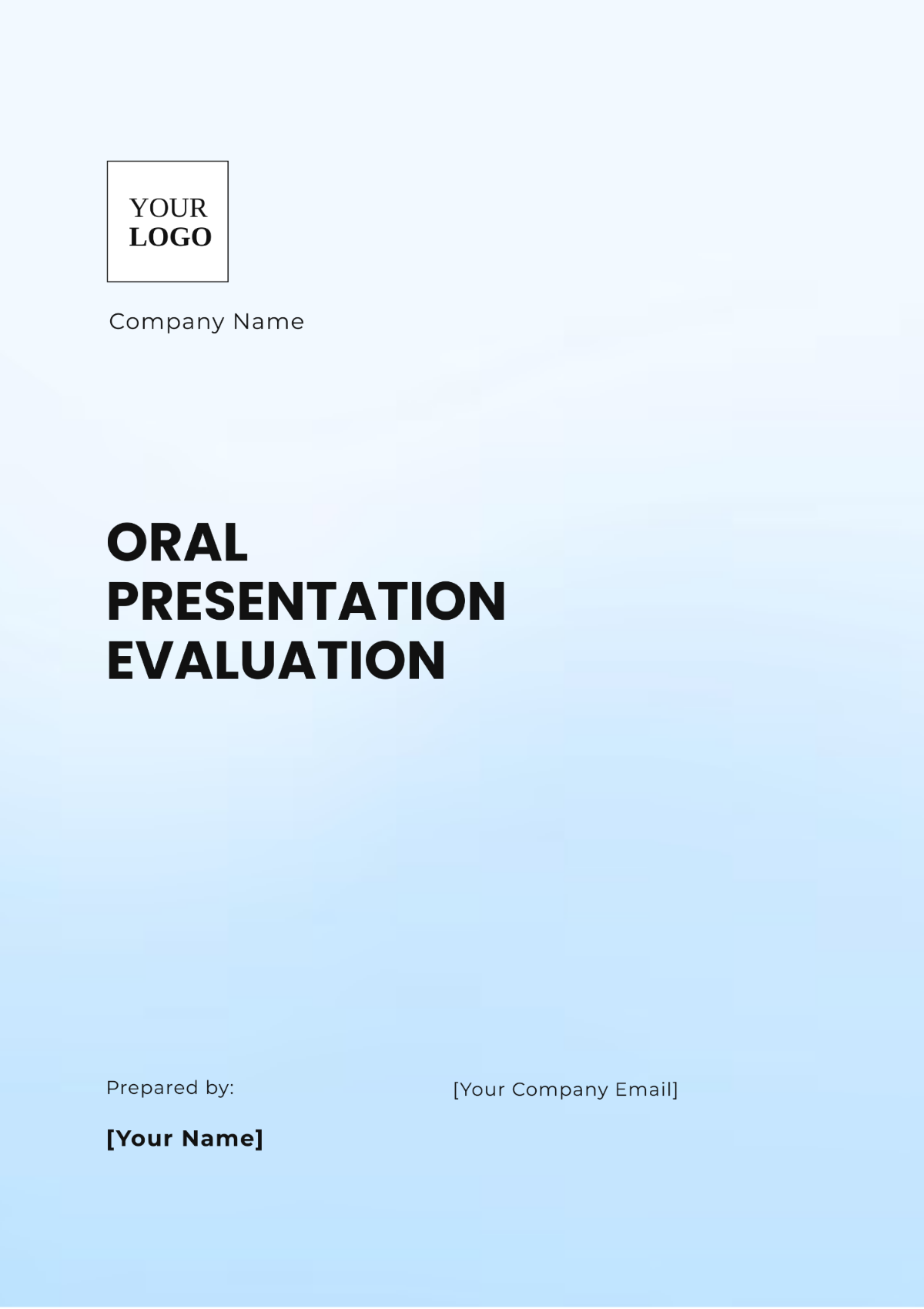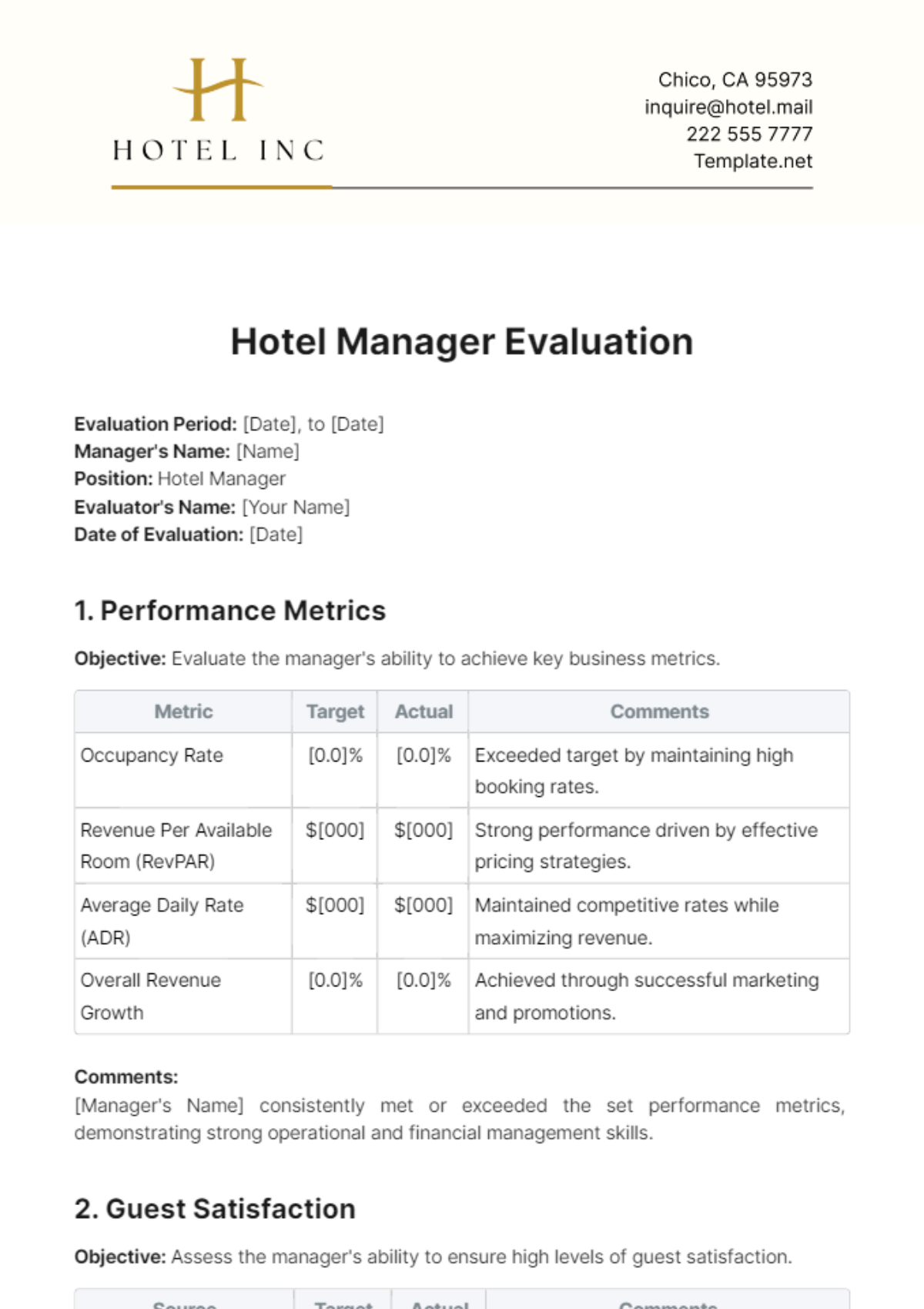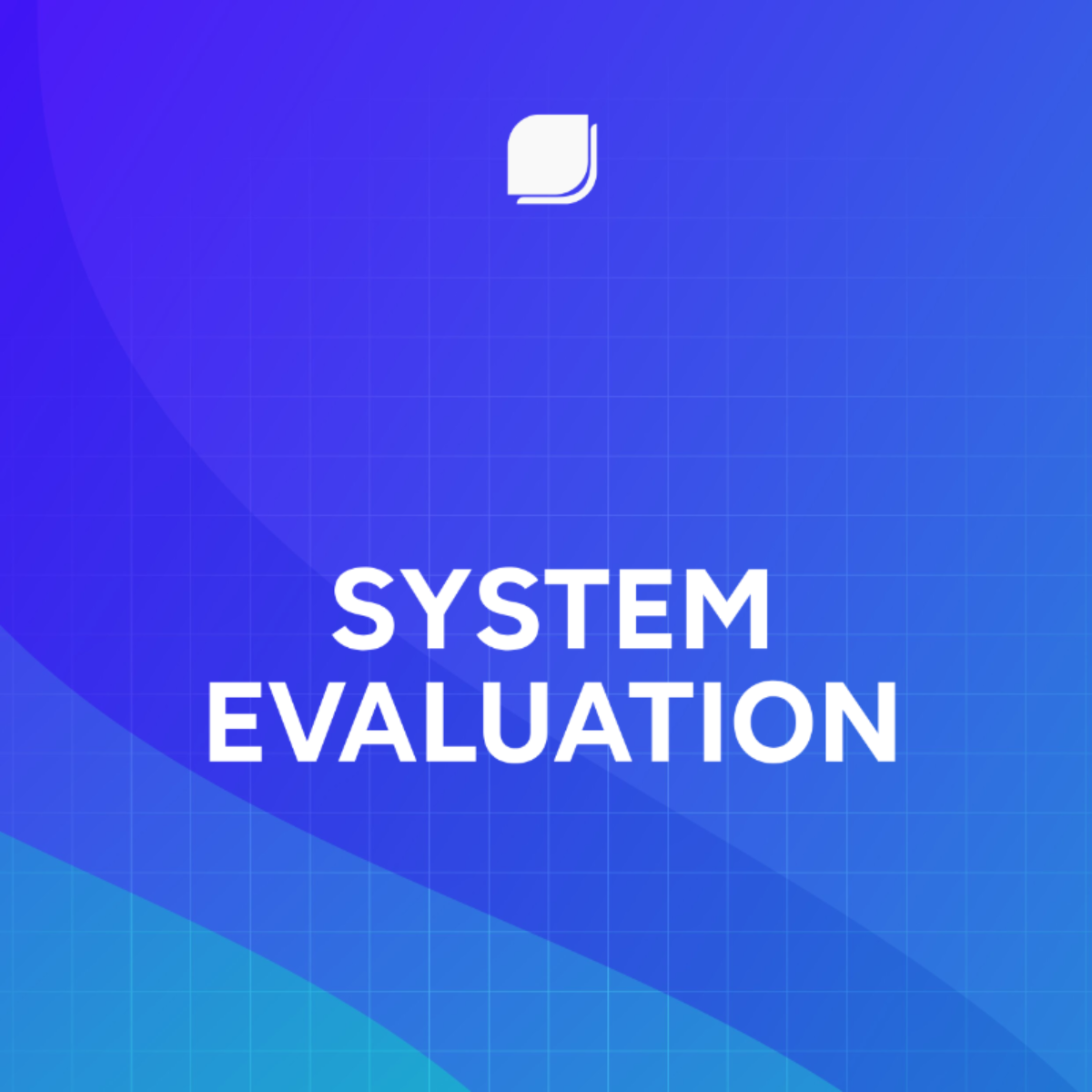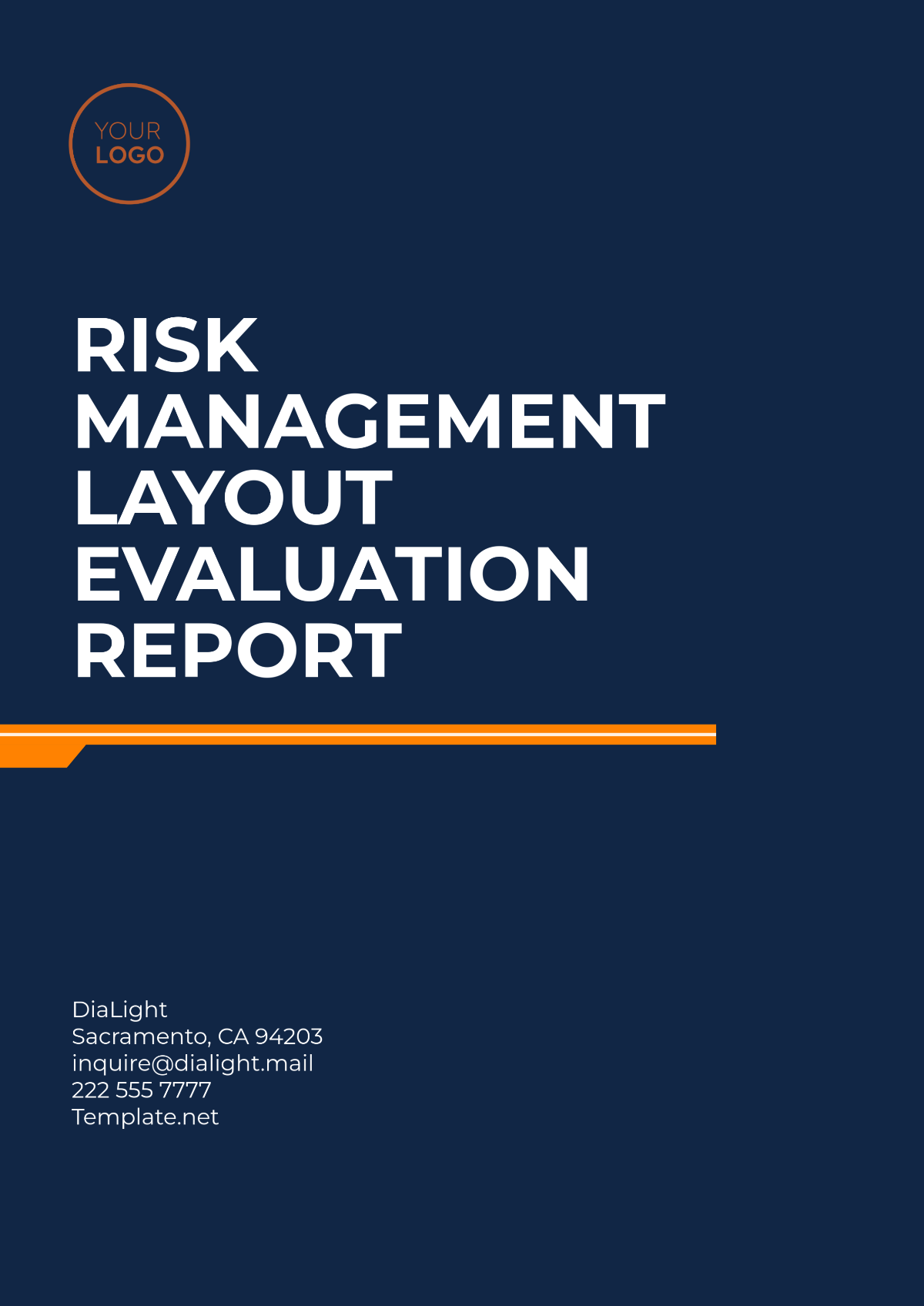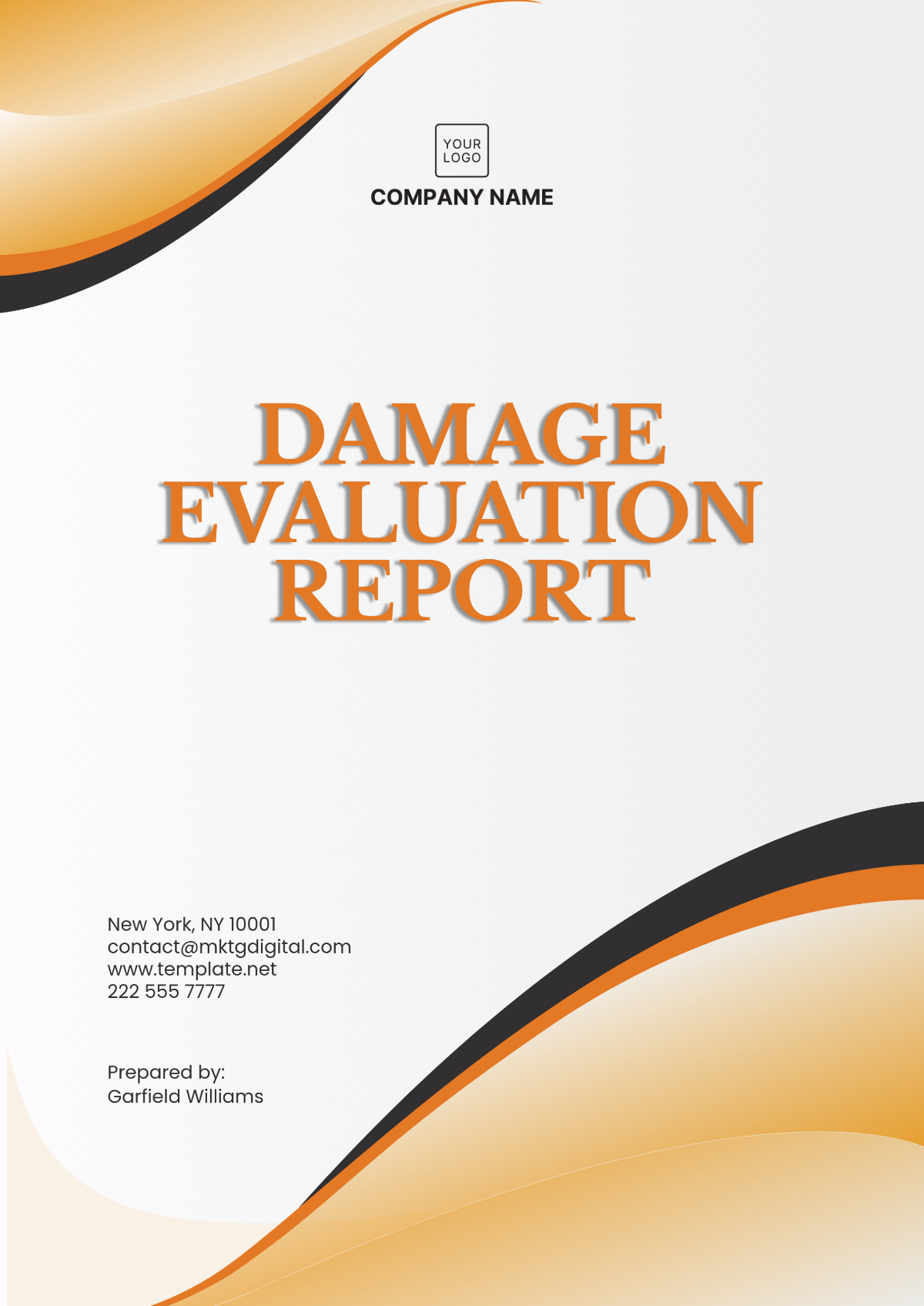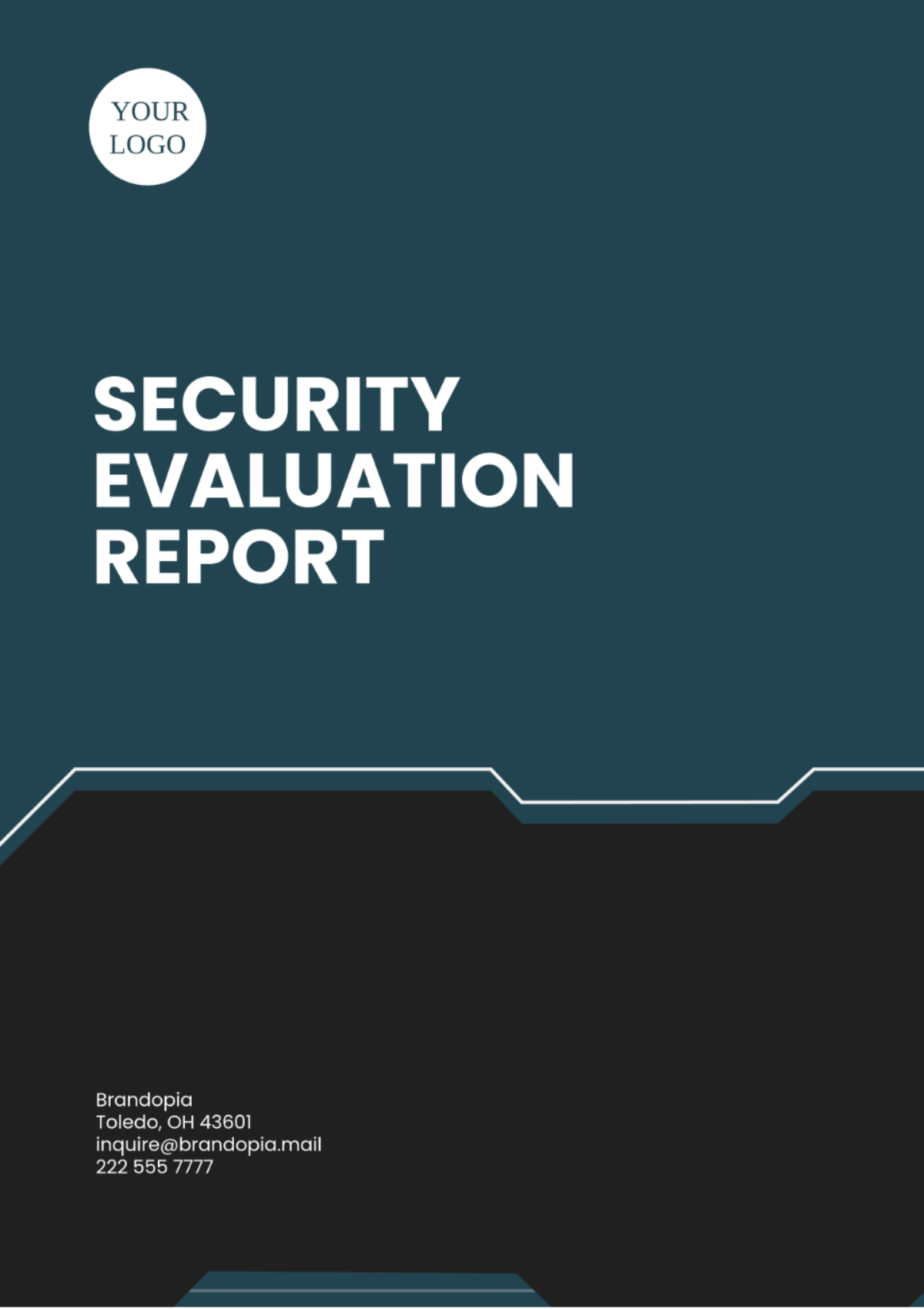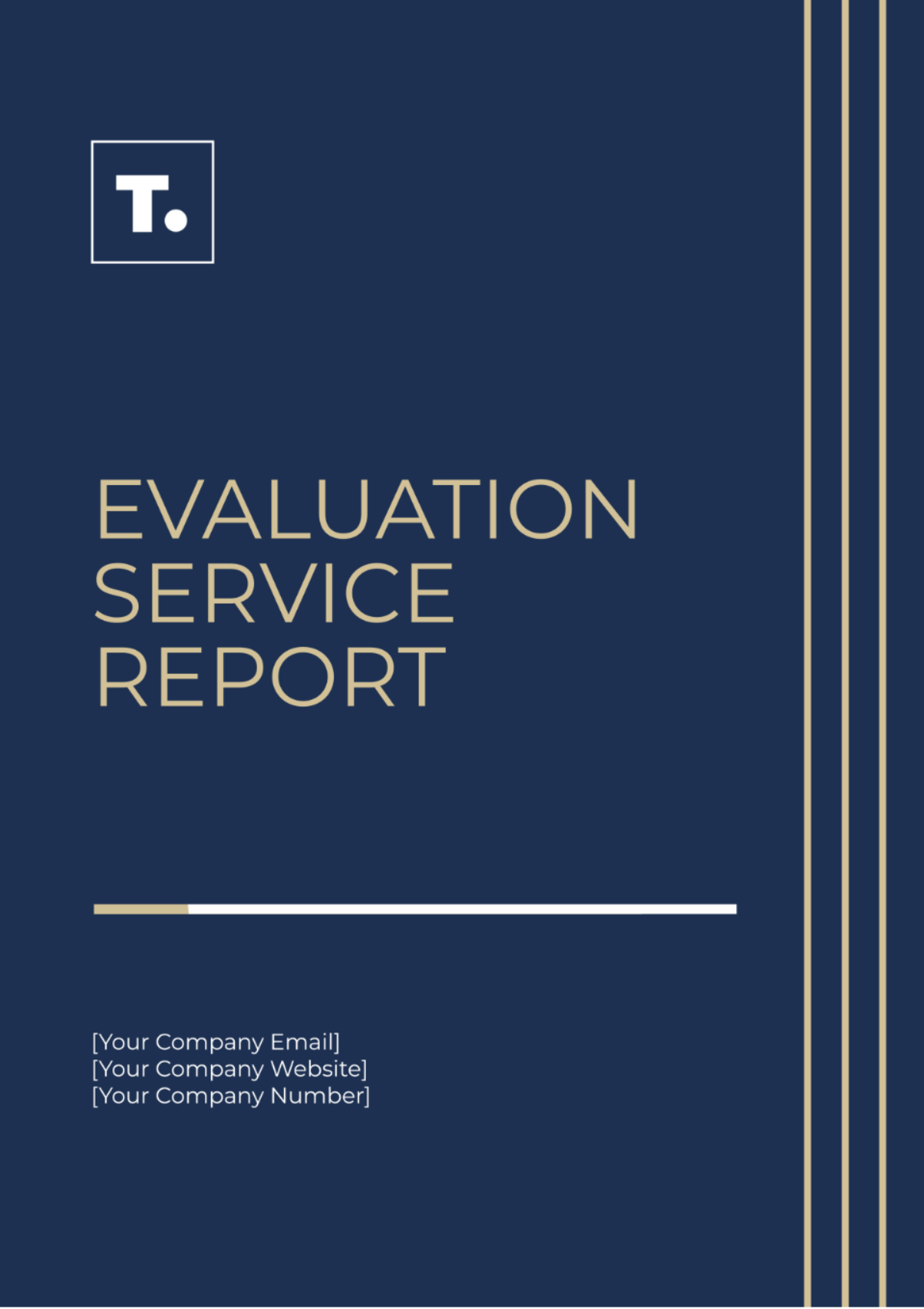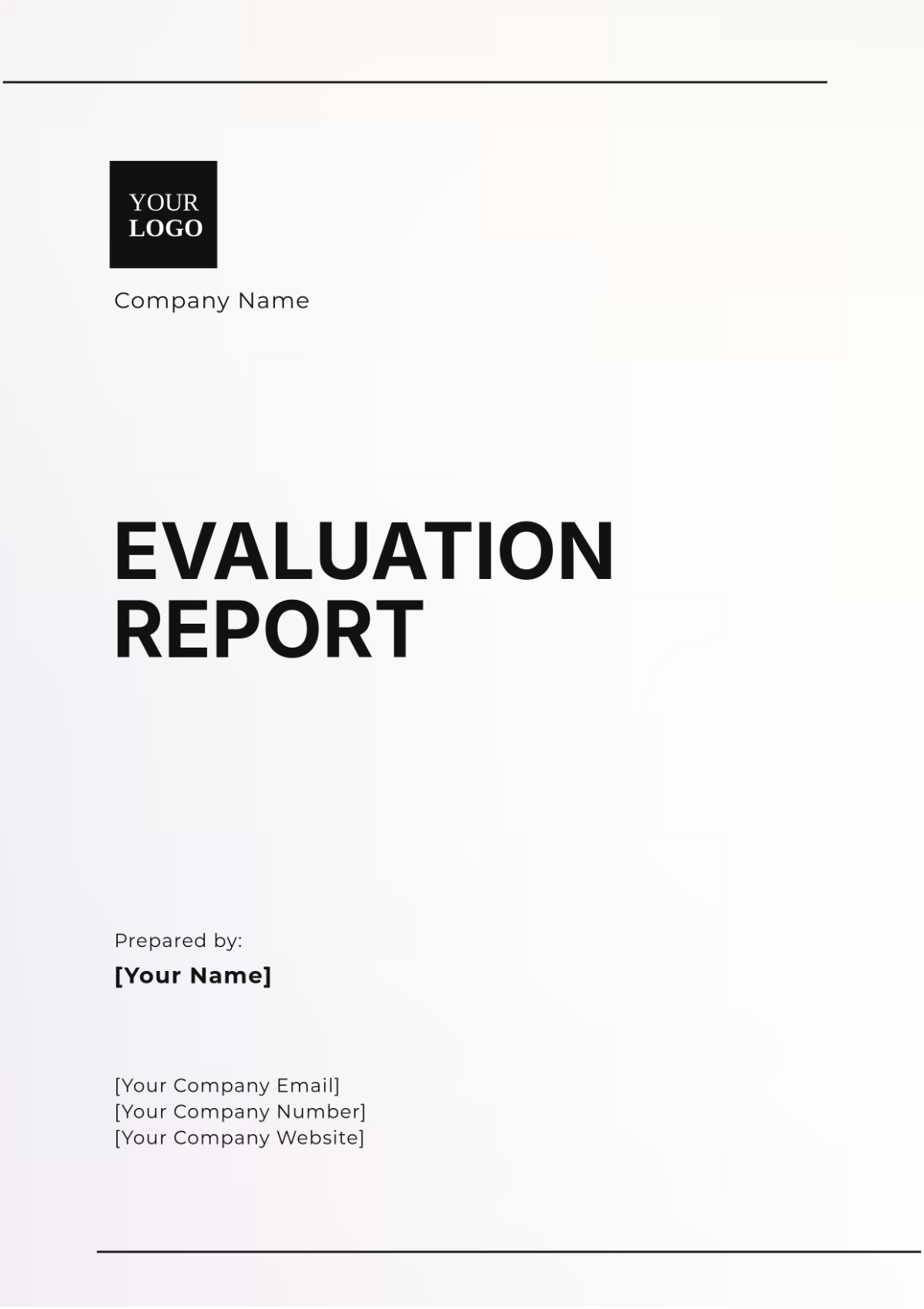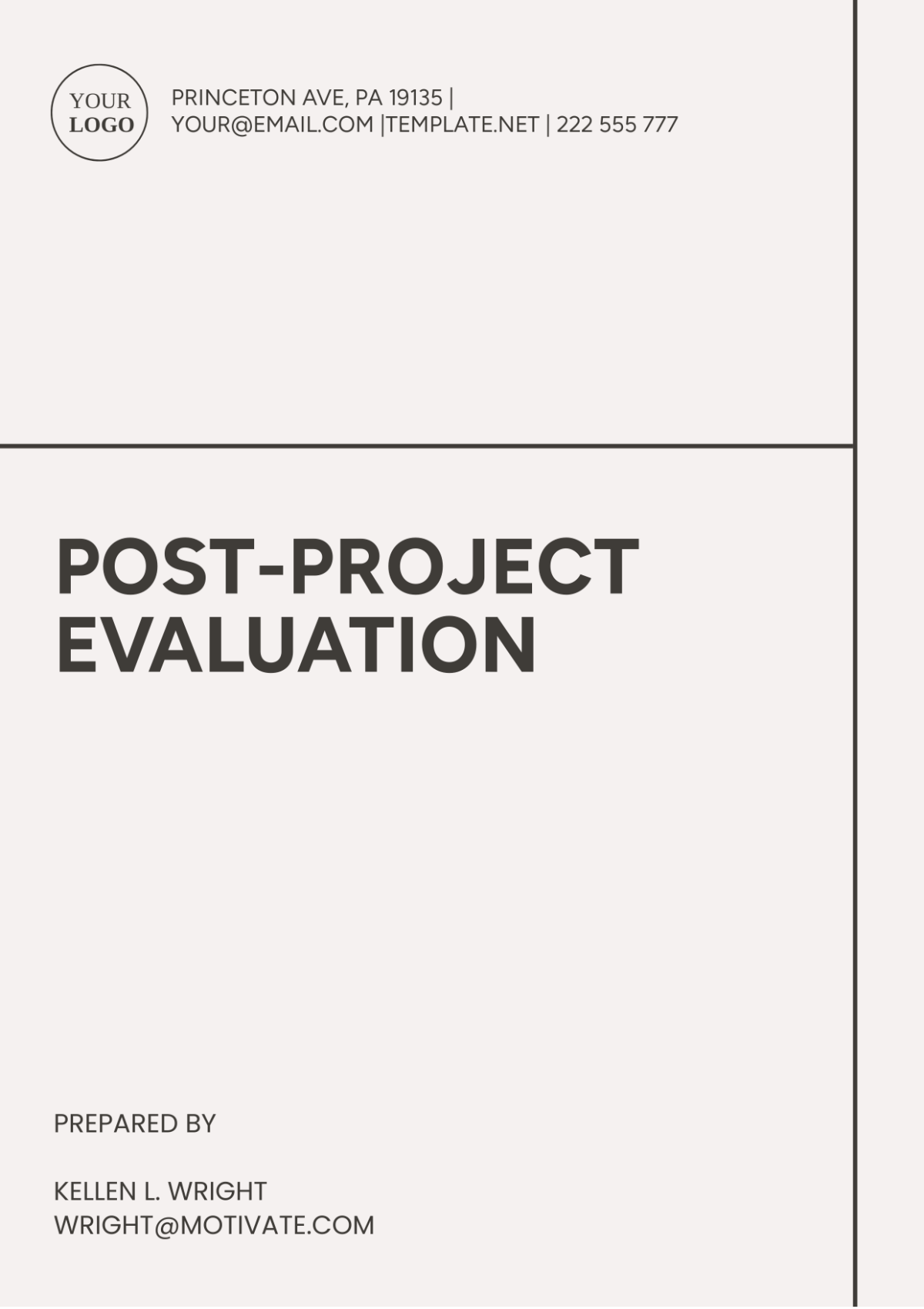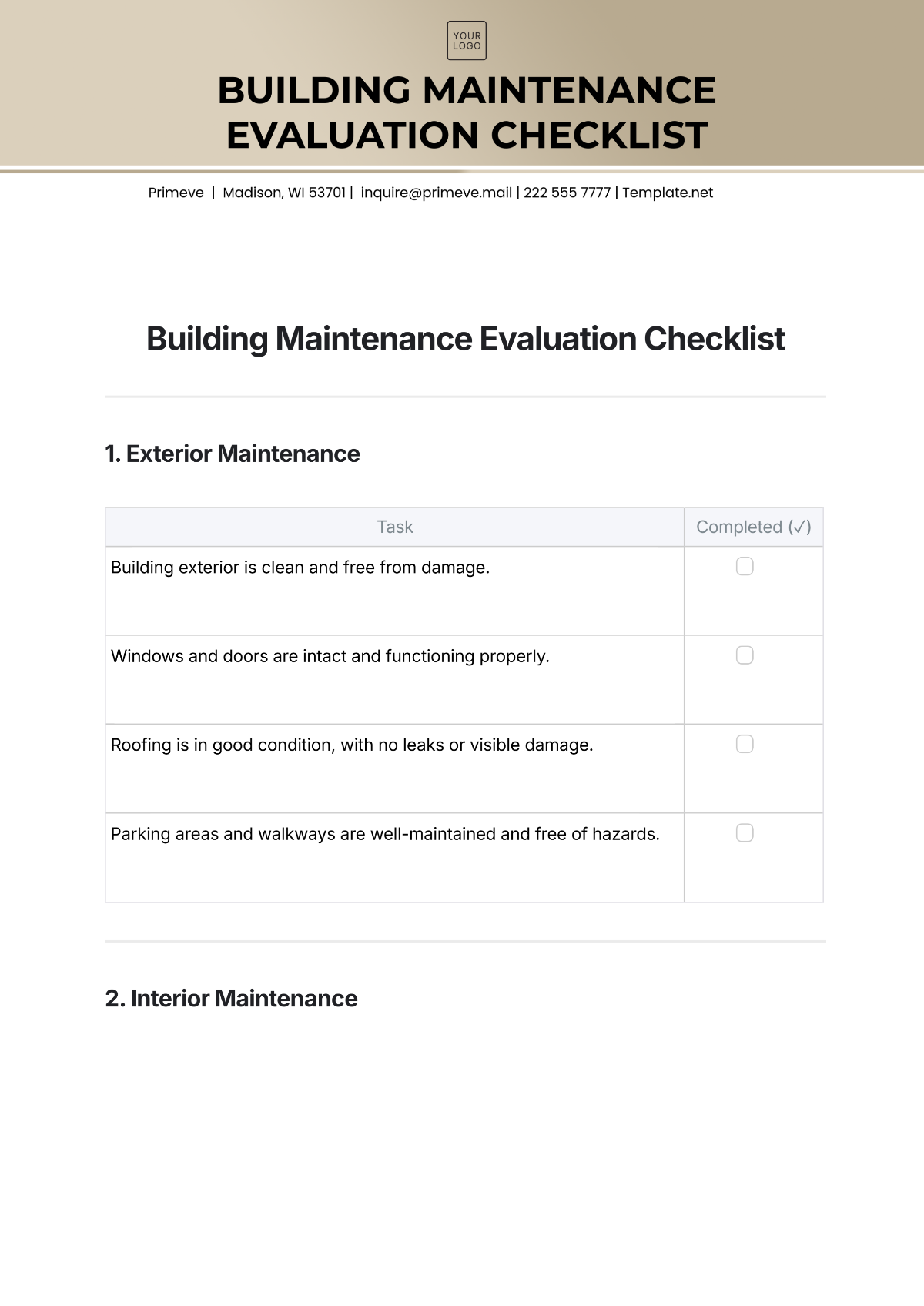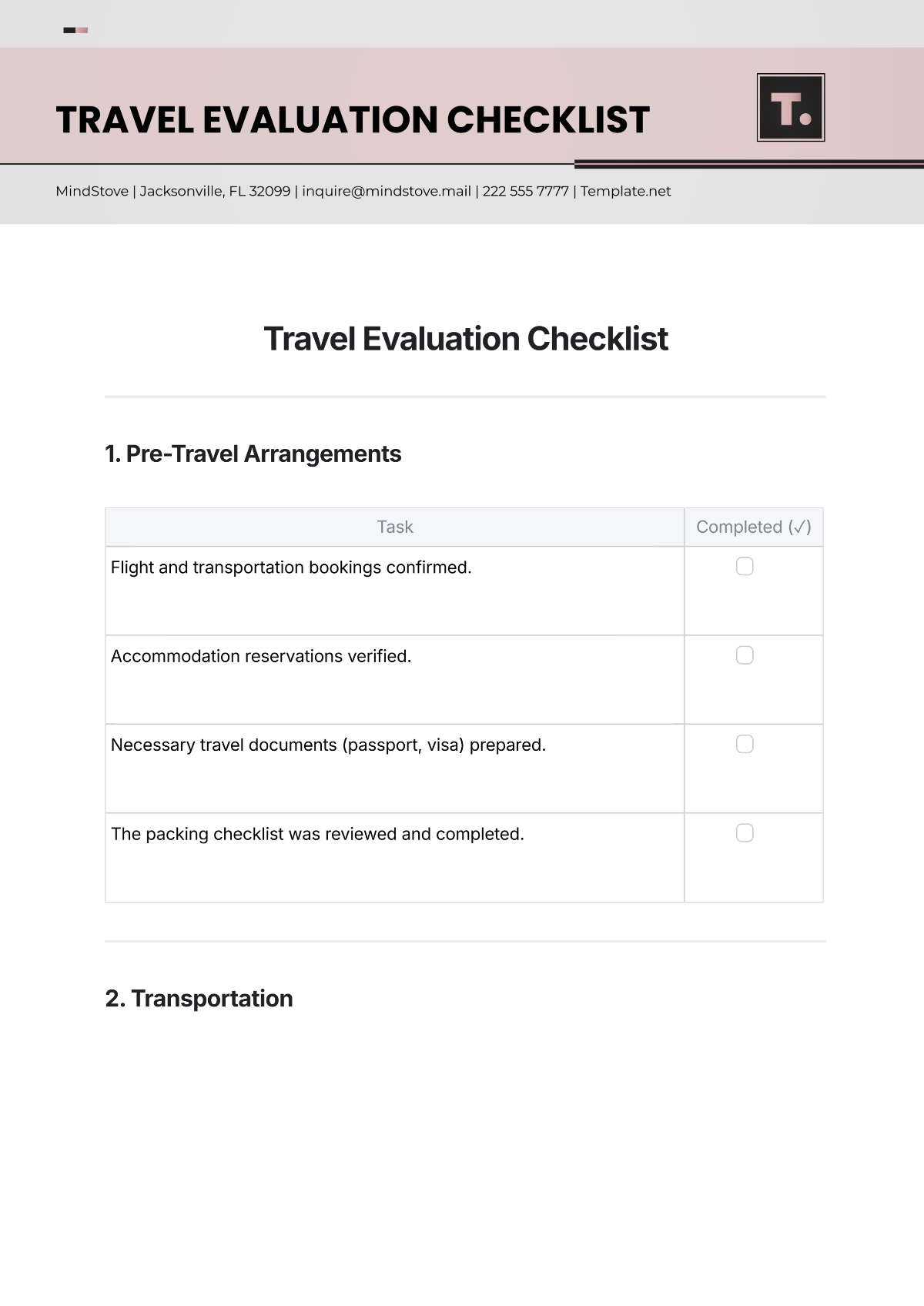Portfolio Evaluation
Date: [DATE]
Introduction: This Portfolio Evaluation Form is designed to comprehensively assess the performance, quality, and composition of your portfolio of assets, investments, projects, or work samples. The purpose of this evaluation is to determine the effectiveness, value, and alignment of your portfolio with specific goals or criteria. By analyzing various aspects of your portfolio, we aim to provide insights that will guide decision-making and optimize your portfolio for future success.
Background: A portfolio evaluation is essential for individuals or organizations to understand the performance and effectiveness of their investments or projects. It involves a thorough examination of the collection of assets, investments, projects, or work samples to assess their quality, performance, and alignment with predefined objectives. Through this evaluation process, strengths and weaknesses can be identified, allowing for informed decisions to be made regarding the management and optimization of the portfolio.
Rating scale:
1-Poor
2-Fair
3-Good
4-Very Good
5-Excellent
Evaluation Table
Please assess the following criteria on a scale of 1 to 5, with 1 being the lowest and 5 being the highest:
Criteria | Description | Rating |
|---|---|---|
1. Investment Performance | Assessing the returns and profitability of investments. | |
2. Risk Management | Evaluating strategies to mitigate potential risks. | |
3. Diversification | Analyzing the spread of investments across different asset classes. | |
4. Alignment with Goals | Determining how well investments align with stated objectives. | |
5. Quality of Assets/Projects | Assessing the overall quality and viability of assets or projects. | |
6. Financial Health | Evaluating the financial stability and solvency of the portfolio. | |
7. Potential for Growth | Assessing the likelihood of portfolio growth and expansion. | |
8. Innovation and Creativity | Considering the level of innovation and creativity within the portfolio. | |
9. Market Analysis | Evaluating the effectiveness of market analysis and insights. | |
10. Sustainability | Assessing the environmental and social sustainability of investments. | |
11. Cost-effectiveness | Analyzing the efficiency of investments about costs. | |
12. Compliance and Regulation | Ensuring adherence to relevant laws and regulations. | |
13. Liquidity | Assessing the ease of converting assets into cash. | |
14. Exit Strategy | Evaluating plans for exiting investments when necessary. | |
15. Overall Satisfaction | General satisfaction with the portfolio's performance. |
Additional Comments and Notes
Comments |
|---|




